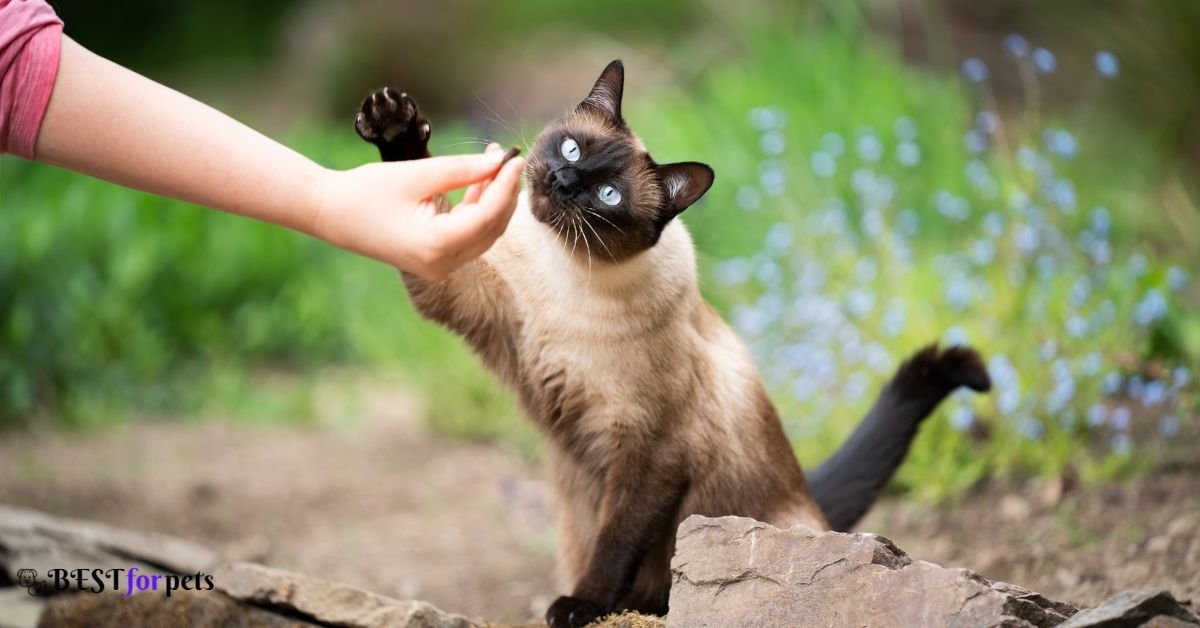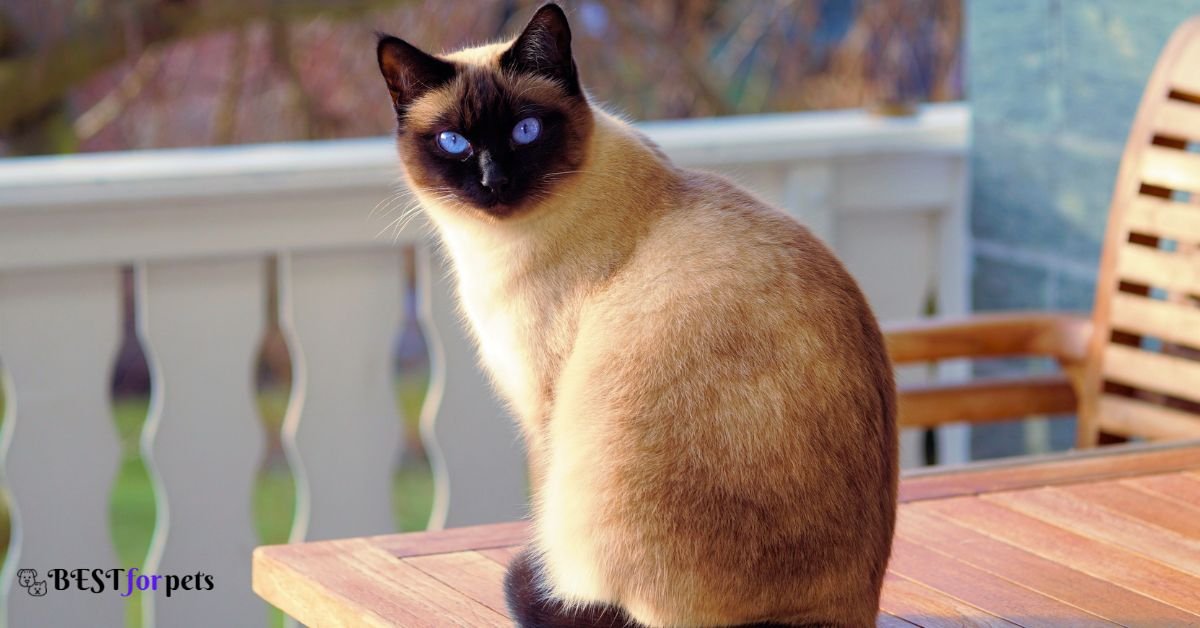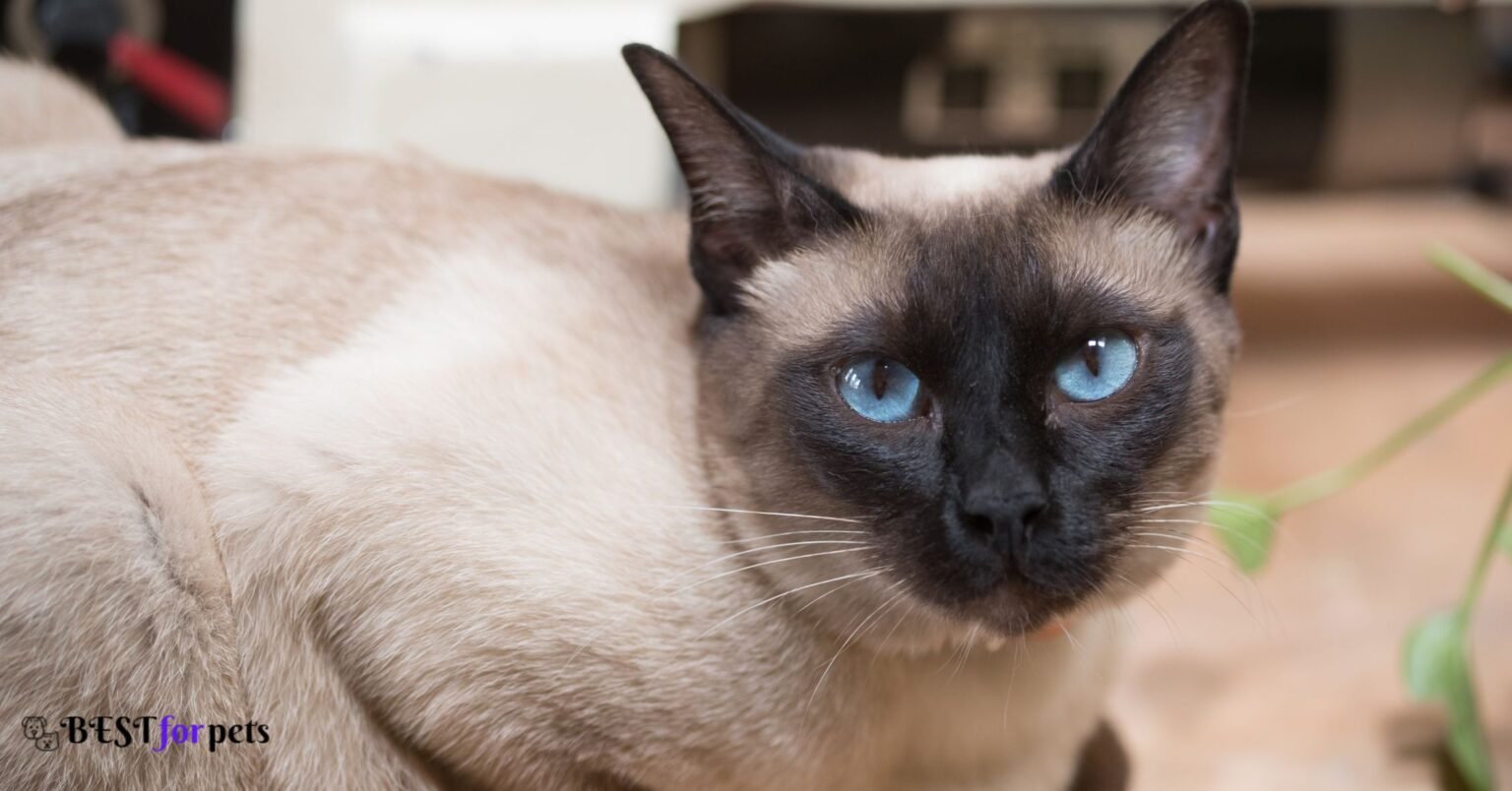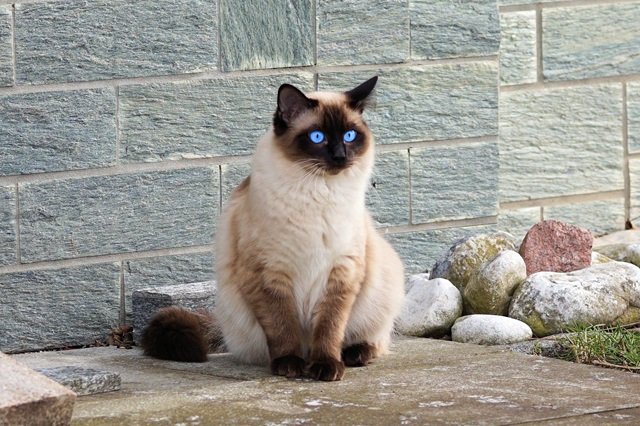//Prices//
Siamese Cat Price In India

Siamese Cat Prices In Different Locations
Different Locations |
Prices |
| Siamese cat price in Delhi | Rs 20,000 to Rs 80,000 |
| Siamese cat price in kerala | Rs 15,000 to Rs 70,000 |
| Siamese cat price in kolkata | Rs 15,000 to Rs 70,000 |
| Siamese cat price in chennai | Rs 15,000 to Rs 70,000 |
| Siamese cat price in bangalore | Rs 20,000 to Rs 80,000 |
| Siamese cat price in mumbai | Rs 20,000 to Rs 80,000 |
The price of Siamese cats in India can vary widely based on several factors, including their lineage, age, coat color, and the reputation of the breeder. On average, Siamese Cat Price In India you can expect to pay anywhere from Rs 15,000 to Rs 80,000 or more for a Siamese cat from a reputable breeder.
Various Factors That Affects The Price Of Siamese Cat
Lineage and Pedigree:
Siamese cats with strong pedigrees and a lineage of champion bloodlines tend to be more expensive. Cats with documented ancestry and a history of success in cat shows or competitions are often priced higher.
Coat Color and Markings:
Siamese cats come in various coat color variations, with the classic being the “seal point.” Less common coat colors or rare markings might command a higher price due to their uniqueness.
Quality and Show Potential:
Cats with qualities that make them suitable for cat shows, such as adherence to breed standards, proper color points, and overall conformation, can be more expensive.
Age:
Kittens are generally priced higher than adult cats due to their desirability and longer potential lifespan. Older cats might be priced lower, especially if they are retired from breeding or have specific health considerations.
Health and Vaccination Status:
Cats with up-to-date vaccinations, health records, and a clean bill of health from a veterinarian may be priced higher due to the assurance of their well-being.
Breeder’s Reputation:
Reputable breeders who prioritize the health, well-being, and socialization of their cats tend to charge higher prices. This is because they invest time, effort, and resources into raising healthy, well-adjusted kittens.
Location:
Prices can also vary based on the region and city in which the breeder is located. Urban areas with higher living costs might have slightly higher prices.
Breeding and Registration Fees:
If the Siamese cat comes with registration papers and breeding rights, the price will likely be higher than for a pet-only cat.
Market Demand:
Market demand and trends can influence prices. If Siamese cats are in high demand in a specific area or during a certain time of the year, prices may increase.
Additional Services:
Some breeders may include additional services in the price, such as initial vaccinations, microchipping, spaying/neutering, and a starter kit.
An Introduction To Siamese Cat
History of Siamese Cat
The history of the Siamese cat is steeped in ancient legend and cultural significance. Originating from Siam, now known as Thailand, these cats were revered as sacred and bestowed with mystical qualities. It’s believed that they resided in temples and royal households, and their striking appearance was thought to be a reflection of the divine.
Siamese cats were introduced to the Western world in the late 19th century, becoming instant sensations due to their unique looks and captivating demeanor. Their journey from revered symbols of spirituality to beloved household pets is a testament to their enduring appeal.
Siamese Cat Temperament and Activities
Siamese cats are renowned for their engaging personalities and distinctive vocalizations. They are remarkably social and thrive on human interaction. These cats are often described as “people-oriented” due to their love for companionship. Siamese cats form strong bonds with their owners and enjoy being involved in daily activities. Their expressive nature extends to their vocalizations, which range from soft chirps to loud meows.
These cats are playful and intelligent, requiring mental and physical stimulation. Interactive toys and play sessions are essential to prevent boredom. Despite their active nature, Siamese cats also enjoy moments of quiet affection, often seeking out laps for cuddles. Their blend of activity, affection, and interaction makes them a delightful and engaging addition to any household.

Appearance of Siamese Cat
The Siamese cat’s appearance is nothing short of enchanting. Their sleek, elegant body is adorned with a short, fine coat that lies close to their skin. The most distinctive feature, of course, is their color points – areas of darker coloration on the ears, face, paws, and tail.
These points develop due to the cat’s sensitivity to temperature variations. Another striking aspect is their vivid blue almond-shaped eyes, which exude a sense of mystery and connection. The Siamese cat’s graceful build and unique coat pattern make them a true work of art in the feline world.
Diet and Nutrition for Siamese Cat
A balanced diet is essential to ensure the health and well-being of your Siamese cat. Here are some dietary guidelines:
High-Quality Cat Food:
Choose a high-quality commercial cat food that is appropriate for your cat’s age, activity level, and health status. Look for brands that list meat as the main ingredient and avoid foods with excessive fillers and artificial additives.
Protein-Rich Diet:
Siamese cats are active and lean, so a protein-rich diet is important to support their energy levels and muscle health. Look for cat food with a high protein content.

Portion Control:
Obesity is a concern for all cats, including Siamese cats. Monitor portion sizes and follow feeding guidelines provided on the cat food packaging. Consult your veterinarian if you’re unsure about the appropriate portion size for your cat’s age and weight.
Hydration:
Ensure your Siamese cat has access to fresh, clean water at all times. Wet cat food can also contribute to their water intake.
Treats:
While occasional treats are fine, they should not constitute a significant portion of your cat’s diet. Choose cat-specific treats and use them sparingly.
Consult Your Veterinarian:
Your veterinarian can provide personalized dietary recommendations based on your cat’s specific needs. Regular veterinary check-ups can help monitor your cat’s weight and overall health.
Grooming for Siamese cat
Grooming a Siamese cat is relatively straightforward due to their short, fine coat. Here are some grooming tips to keep your Siamese cat looking and feeling their best:
Brushing:
Despite their short coat, Siamese cats can shed. Regular brushing with a soft-bristle brush or rubber grooming mitt helps remove loose hair and reduces shedding. This also promotes a healthy coat and strengthens the bond between you and your cat.
Bathing:
Siamese cats generally do not require frequent baths, as their natural grooming habits keep them clean. However, occasional baths can help keep their coat shiny and remove any excess oil buildup. Use a cat-specific shampoo and ensure the water is at a comfortable temperature.
Nail Trimming:
Trim your cat’s nails every few weeks to prevent them from becoming too long and causing discomfort or potential injury. Use cat-specific nail clippers and be careful not to cut the quick (the blood vessel inside the nail).
Ear Cleaning:
Check your cat’s ears regularly for dirt, wax, or signs of infection. Gently clean the outer part of the ears with a damp cotton ball. Avoid inserting anything into the ear canal.
Dental Care:
Dental health is important for all cats, including Siamese cats. Brush your cat’s teeth regularly using a cat-specific toothbrush and toothpaste. Dental treats and toys can also help maintain oral hygiene.
Eye Care:
Siamese cats’ striking blue eyes can be prone to tearing. Gently wipe away any discharge with a damp cotton ball. If tearing is excessive or accompanied by redness, consult a veterinarian.
Siamese Cat Health Issues
While Siamese cats are generally healthy and robust, like all breeds, they can be prone to certain health issues that owners should be aware of:
Respiratory Issues:
Siamese cats are known for their unique head shape, which can sometimes lead to respiratory problems due to narrow air passages. This might result in snoring or noisy breathing.
Dental Problems:
Dental issues can be prevalent in Siamese cats. Regular dental care, including brushing their teeth and providing appropriate chew toys, can help prevent dental disease.
Amyloidosis:
This genetic disorder affects the liver and is more common in Siamese cats. Regular veterinary check-ups can help monitor liver function and catch any issues early.
Eye Conditions:
Siamese cats’ striking blue eyes can be more sensitive to certain eye conditions, such as strabismus (crossed eyes) and nystagmus (involuntary eye movement). Regular eye care and check-ups are essential.
Gastrointestinal Problems:
Siamese cats might be more prone to gastrointestinal issues like megaesophagus, which can affect their ability to swallow and digest food properly.
Care tips for Siamese Cat
Regular Veterinary Visits:
Schedule regular check-ups with a veterinarian familiar with the breed’s specific needs. Early detection of any health issues can lead to effective treatment.
Balanced Diet:
Provide a high-quality, balanced diet that meets the nutritional requirements of your Siamese cat. Consult your veterinarian for dietary recommendations and portion control to maintain a healthy weight.
Environmental Enrichment:
Siamese cats are intelligent and active. Provide stimulating toys, scratching posts, and interactive playtime to prevent boredom and ensure mental stimulation.

Grooming:
While Siamese cats have short coats, regular grooming helps maintain their sleek appearance and minimizes shedding. Brushing also strengthens the bond between you and your cat.
Hydration:
Encourage proper hydration by providing fresh water at all times. Wet food can also contribute to their water intake.
Indoor Living:
Due to their social nature and potential health issues, it’s often recommended to keep Siamese cats indoors to protect them from hazards and ensure their safety.
Companionship:
Siamese cats thrive on companionship. If possible, consider having two Siamese cats or providing plenty of interactive playtime and human interaction.
Litter Box Care:
Maintain a clean litter box environment. Siamese cats are known for their cleanliness and might be more particular about their litter box.
Dental Care:
Establish a dental care routine early. Regularly brush your cat’s teeth and provide dental treats or toys to promote oral health.
Siamese Cat Lifespan
Siamese cats are generally considered to be long-lived cats, with a lifespan of around 12 to 15 years on average. With proper care, some Siamese cats have been known to live even longer, reaching their late teens or early twenties. Providing a healthy diet, regular veterinary check-ups, a safe environment, and plenty of love and attention can contribute to a longer and happier life for your Siamese companion.
Siamese Cat Maintenance Cost
The cost of maintaining a Siamese cat can vary based on factors such as location, the cat’s age, specific needs, and lifestyle. Here’s an estimate of the potential costs involved in both Indian Rupees (INR) and US Dollars (USD):
Veterinary Care:
Annual veterinary check-ups, vaccinations, and preventive care are essential. These costs can range from INR 3,000 to 8,000 (approximately $40 to $110) per year.
Food:
High-quality cat food is crucial for your Siamese cat’s health. The annual cost for food can vary from INR 5,000 to 15,000 (approximately $70 to $200), depending on the brand and type of food.
Grooming:
Siamese cats have short coats that require minimal grooming. Grooming supplies and occasional grooming sessions might cost around INR 1,000 to 3,000 (approximately $15 to $40) per year.
Litter and Supplies:
Litter, litter boxes, toys, and other supplies can amount to around INR 2,000 to 5,000 (approximately $30 to $70) per year.
Health Insurance:
Consider health insurance for your Siamese cat, which can help cover unexpected medical expenses. Premiums can range from INR 2,000 to 10,000 (approximately $30 to $150) annually, depending on coverage.
Other Expenses:
Miscellaneous costs such as treats, scratching posts, and emergency care should be factored in, with an estimated yearly cost of around INR 2,000 to 5,000 (approximately $30 to $70).
Frequently Asked Questions
Are Siamese cats good pets for families?
Siamese cats can be wonderful family pets. They are social and affectionate, often forming strong bonds with their human companions. However, their vocal nature and need for attention might not be suitable for all households.
Do Siamese cats have specific health concerns?
Siamese cats are generally healthy, but they can be prone to respiratory and dental issues due to their unique facial structure. Regular veterinary check-ups and proper dental care are important.
How do I groom my Siamese cat’s short coat?
Siamese cats have short coats that require minimal grooming. Regular brushing helps reduce shedding and promotes a healthy coat. Occasional baths can also help maintain their appearance.
Are Siamese cats hypoallergenic?
No cat is truly hypoallergenic, but some people with allergies might find Siamese cats more tolerable due to their short coats and reduced shedding. However, individual reactions can vary.
What kind of diet is best for Siamese cats?
Siamese cats thrive on a high-protein diet. Choose a balanced cat food that lists meat as the main ingredient. Portion control is essential to prevent obesity.
Are Siamese cats prone to certain behavioral traits?
Siamese cats are known for their vocal and social nature. They often “talk” to their owners and enjoy being part of household activities. They might not do well if left alone for long periods.
Do Siamese cats get along with other pets?
Siamese cats are generally sociable and can get along well with other cats and even dogs if properly introduced. Early socialization and gradual introductions are key.
How can I keep my Siamese cat mentally stimulated?
Siamese cats are intelligent and active. Provide interactive toys, puzzle feeders, and playtime to keep them engaged and prevent boredom.
Are Siamese cats indoor or outdoor pets?
Due to their social nature and potential health risks, it’s generally recommended to keep Siamese cats indoors to ensure their safety and well-being.

